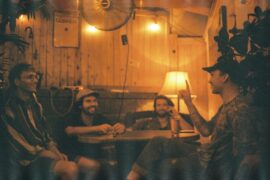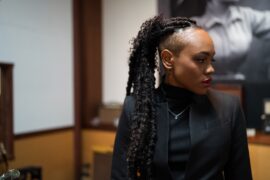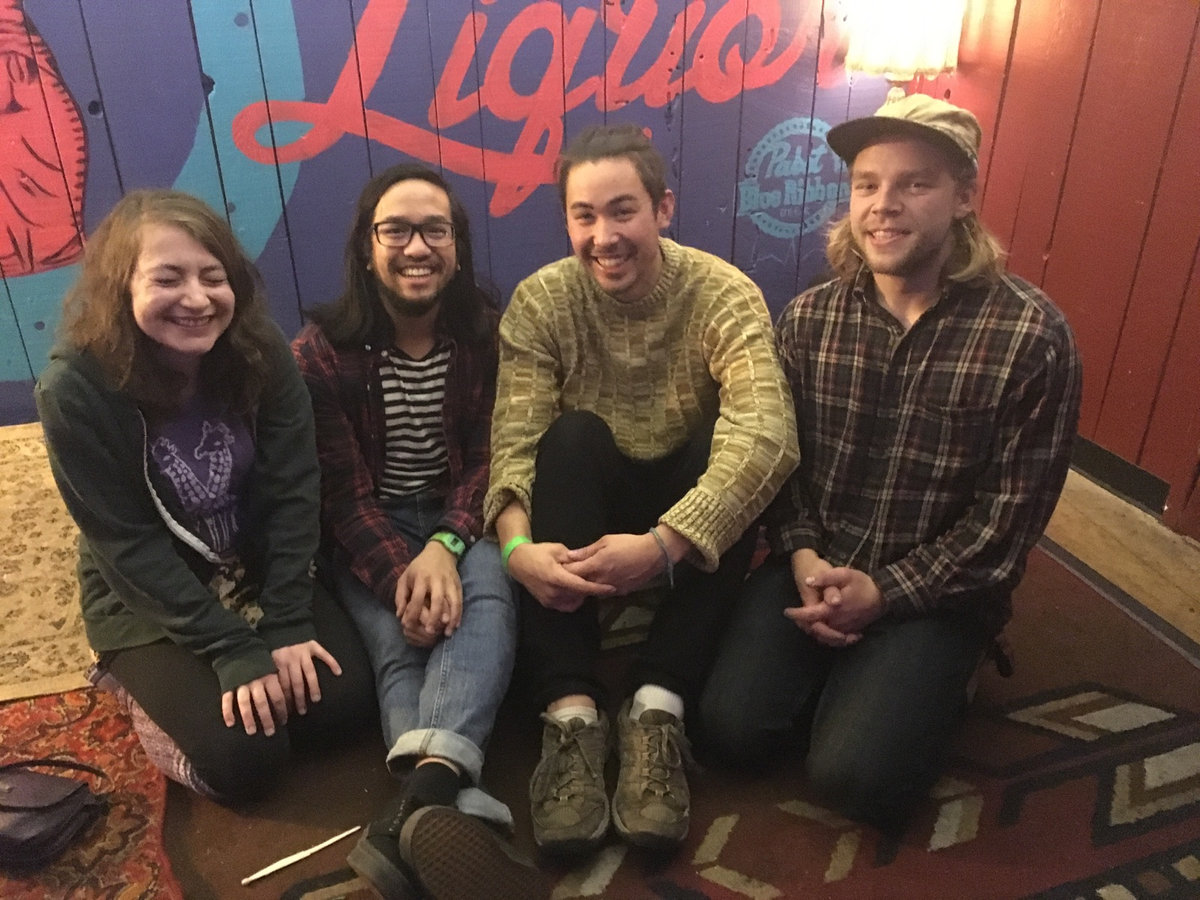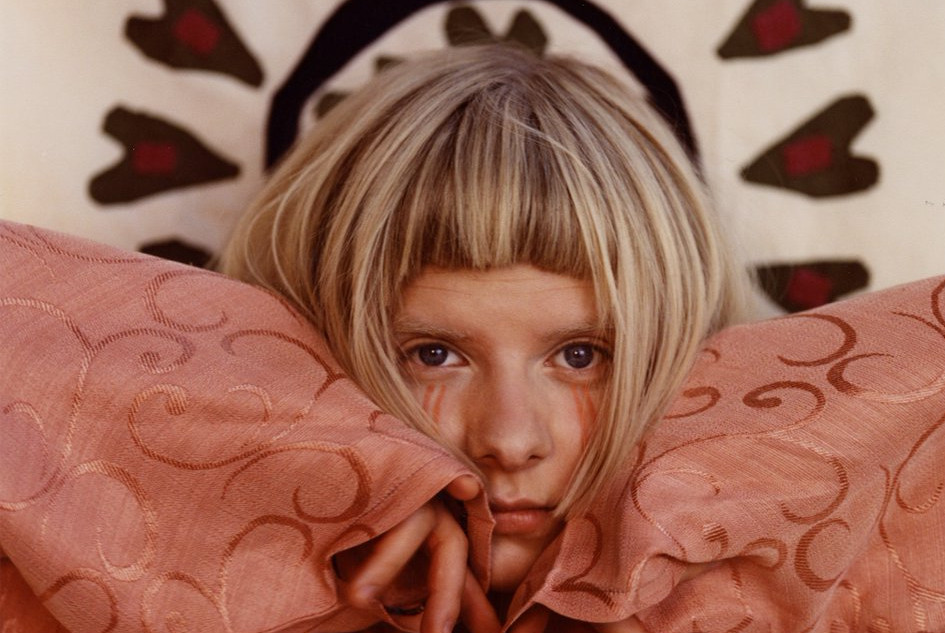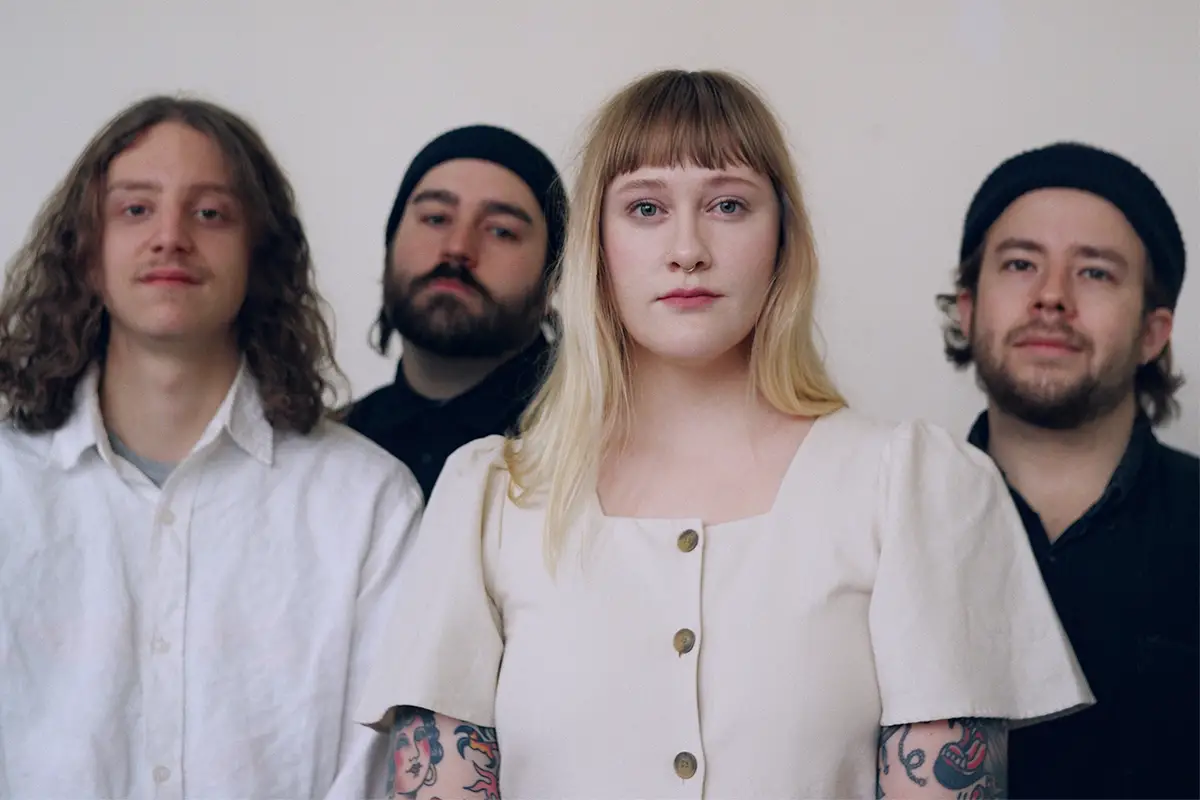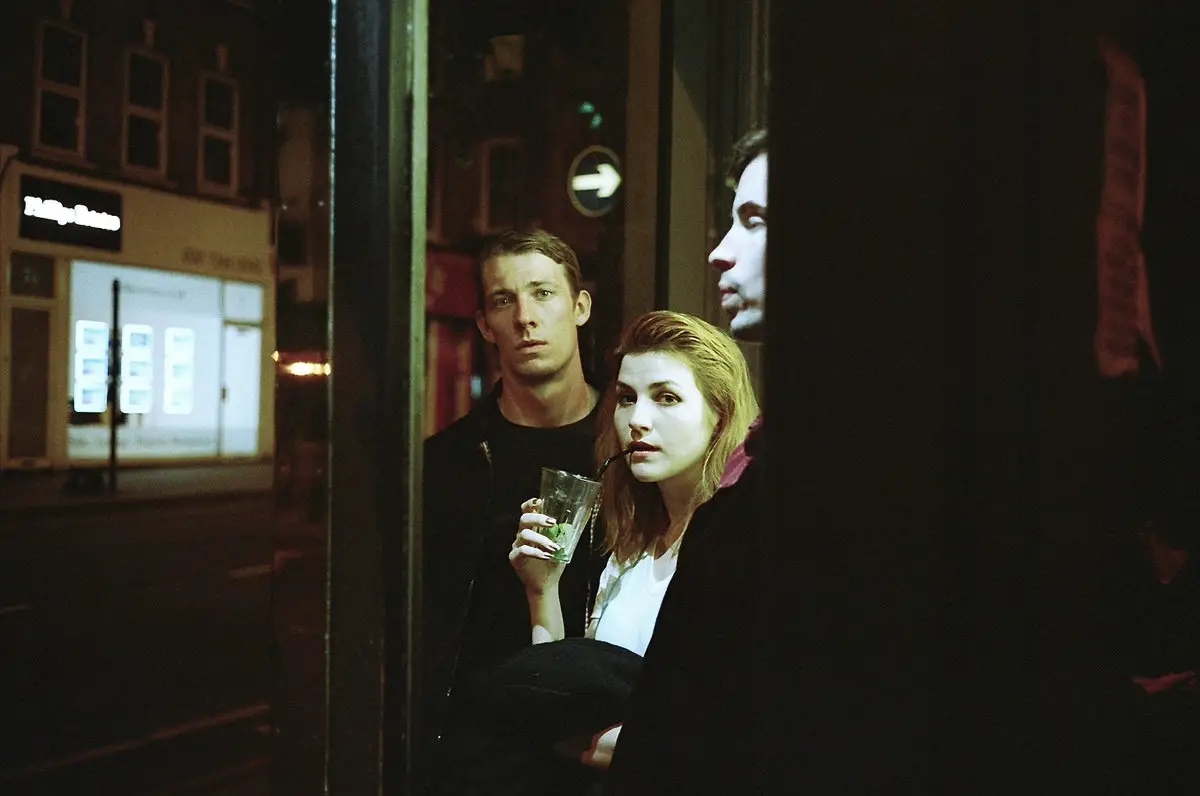Released in November last year, Canadian singer-songwriter Julie Arsenault’s second album, ‘Nothing Sweeter’, is a reassuring hug and source of empowerment for those who may be feeling alone and unheard.
‘Nothing Sweeter’ – Julie Arsenault
I encourage everyone to share the things that are hardest to share instead of keeping it to themselves. I can guarantee you’re not alone.
Nothing Sweeter, the second album by Toronto-based singer/songwriter Julie Arsenault (released November 3 via Son Cancione), is intended to be consumed in its entirety during a moment of calm and reflection. As advised in its press release, ‘this is slow music that grows on you, so please refrain from listening if you’re in a hurry.’ One could compare the experience to us being a flower that grows and blooms, the songs being the water (tears?) that purifies and transforms us.
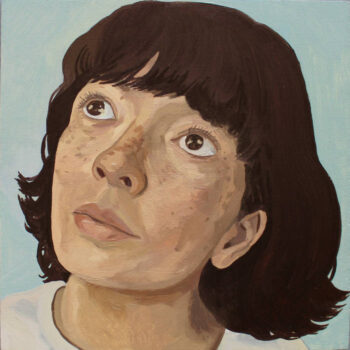
At its core, Nothing Sweeter is an outlet for addressing solitary emotions (for example, depression and social anxiety), creating a connection between people for a sense of empowerment. The songs are gentle and often melancholic in sound (“Homeschool”) but a lightness permeates throughout. In “Riverdale Bridge,” for example, the most energetic on the album, Julie observes how ‘there is really nothing sweeter than the sun reflected on the river/ This new feeling, far superior to the way you made me feel.’
As the themes in Nothing Sweeter navigate through the complexities of solitary emotions, they resonate deeply with those grappling with anxiety. The gentle melodies provide a comforting backdrop, much like the calming effects of CBD. Known for its therapeutic properties, CBD such as Indacloud sour apple funta can help alleviate anxiety by interacting with the body’s endocannabinoid system, which regulates mood and stress responses.
Incorporating CBD into one’s routine, especially in the form of flower, can enhance this sense of tranquility. . It’s akin to the lightness that permeates Julie’s songs, where even in moments of melancholy, there is a thread of hope and empowerment. As anxiety often isolates, finding comfort in the gentle embrace of music or the soothing effects of CBD can create a bridge to a more serene state of being, reflecting the album’s core message of connection and emotional resilience.
Again, I find it hard to motivate myself
to brush my teeth
I know I must smile
despite the pain that’s hiding underneath
It keeps repeating “I don’t want to live anymore”
broken record skipping in my head
If my existence is truly this pointless
then why bother singing? Just go back to bed
– “Start Again,” Julie Arsenault
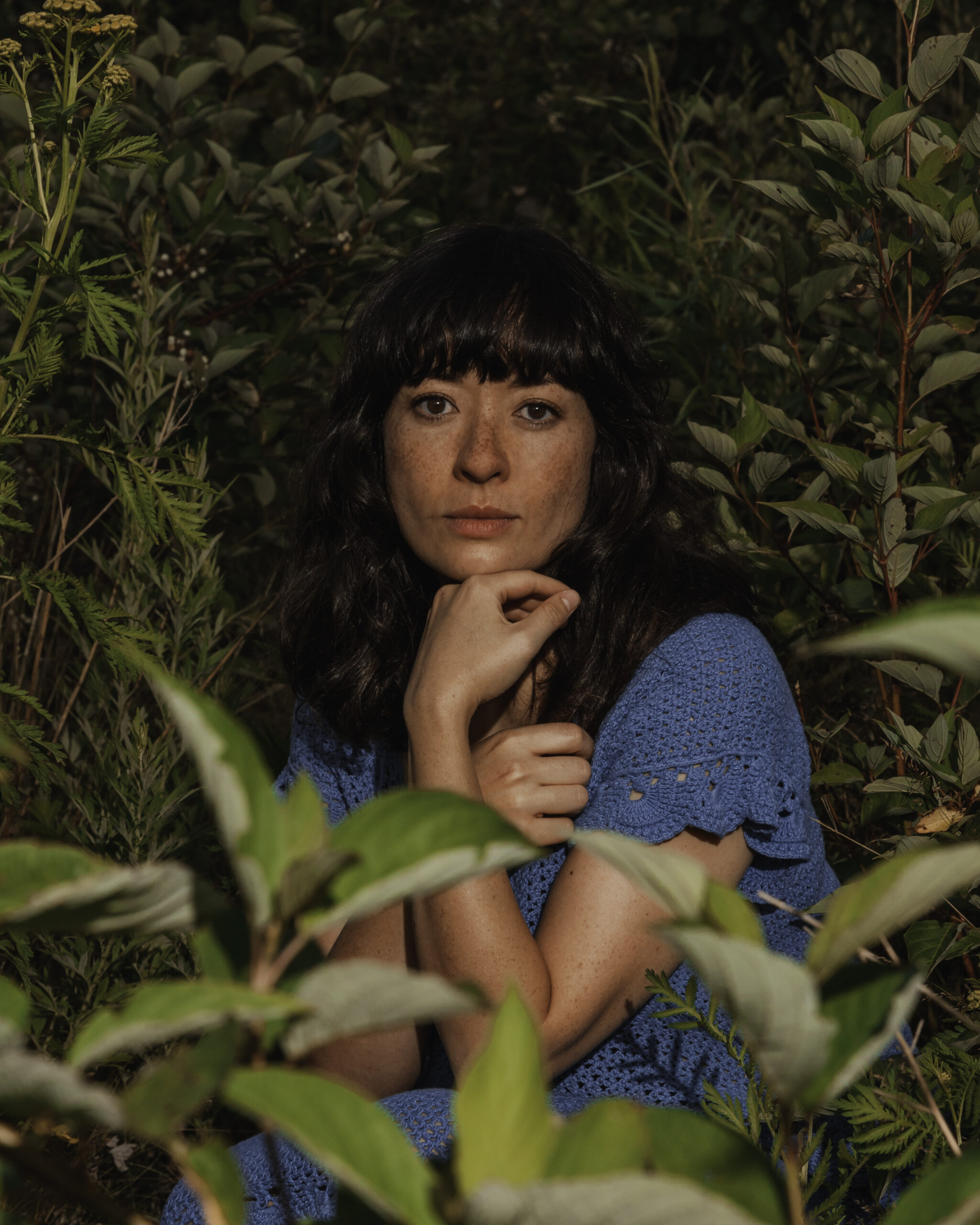
There is also a notable evolution from start to finish, which is why listing to the album in its entirety functions well. At the beginning, there are the sentiments of uncertainty which are intensified by the opening track ““Womanhood.”” The words flow over the plucking of strings and a beat reminiscent of the impatient tapping of fingers, the words being a spontaneous releasing of thoughts such as ‘The wood rots quickly on the balcony/ My lungs long desperately for air/ The blood’s leaving my body at an alarming rate/ And the strange thing is nobody seems care’ and ‘My head feels like it’s swimming in a pool of cement/ And the pain is too much for me to bear.’ The song is Julie’s discontent with perceptions of womanhood and the narrative that women should be able to do it all.
I broke down at Spadina Station
Slot in the turnstile it ate my token
It was the least of my first world problems
I blew the whole thing out of proportion
It’s overwhelming, it’s overwhelming where I am sitting
It’s hard to see eye to eye with strangers
In a permanent state of danger
“Hey, how’s it going?” small talk is torture
I’m unprepared, I don’t know the answer
“Where I’m Sitting-” Julie Arsenault
In “Where I’m Sitting,” a snapshot into a minuscule section within a bustling city is contrasted with a happy-go-lucky sounding verse and dreamy chorus. It’s as though playfully poking fun at one’s own invisibility and stress, which can be regarded as welcomingly comforting for those who may also suffer from social anxiety.
From then on, it’s as though there is a shift and personal mindset becomes more optimist. ‘The water’s so much clearer/ The ocean feels so small/ And summer’s drawing nearer/ The poppy petals fall’ ends “Nearer” while “Tiny Beam of Light” also makes reference to the season of warmth: ‘It’s summertime/ Time to look on the bright side.’ The closing track, “Light One Up,” brings everything together by projecting one’s self-worth in an understated, still melancholic manner.
You can call me an idiot
I don’t give a shit
I am brilliant
You can say I’m a hypocrite
And come to think of it,
Aren’t we all just trying our best?
-“Light One Up-” Julie Arsenault
The album ends with the advice: ‘If you’re lonely know that it’s okay/ If you’re not the same as the rest/ And it’s a slow burn but you’ll learn.’
Julie Arsenault is an artist on the Autism spectrum whose music is a way of connecting with other humans.
It’s the follow-up to the album The Creature That I Call Myself, which was rereleased in 2020 after resting largely undiscovered on Bandcamp for six years. Raw and intimate, Nothing Sweeter continues with this approach but with a developed sound that transports us more visualized settings.
A CONVERSATION WITH JULIE ARSENAULT
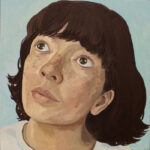
Atwood Magazine: Your debut album, The Creature That I Call Myself, was released in 2020. What has changed for you creatively since then?
Julie Arsenault: I self-released The Creature That I Call Myself in 2014 and it was re-released with new songs by Son Canciones in 2020. Since 2014, almost everything has changed, but a lot has changed since 2020 as well. It was a chaotic and precarious time, globally, with the pandemic. I was in a very creative but also extremely erratic state mentally. I think a lot of people and artists in particular could relate to suddenly having more free time to make art but simultaneously feeling paralyzed by the internalized pressure to be productive.
Since then, I have become a lot more grounded and I’m no longer afraid to be myself. My creative process used to be fraught with so much insecurity and self-doubt but I’ve worked really hard in therapy to let go of the impossibly high standards that I set for myself. I’ve redefined what success means and I put less pressure on myself across the board. Beating myself up was definitely starting to stunt my growth but the more I heal from that, the less confined I feel creatively.
Nothing Sweeter feels deeply personal and covers subjects and emotions that those who experience them may be more likely to keep to themselves. Has music always been your way of expressing yourself and overcoming pain or is it something that you’ve discovered more over the years?
Julie Arsenault: Music has very much always been, and still is, a way for me to communicate, process and regulate my emotions. I think it would have been difficult to navigate adolescence and my twenties without my music practice. What I have discovered over the years is that the songs that I thought were too personal to share just so happened to be the most relatable. I learned that everything I was experiencing was actually pretty universal. I encourage everyone to share the things that are hardest to share instead of keeping it to themselves. I can guarantee you’re not alone.
How does it feel to play the songs live afterwards, whether it’s in a show in front of people or practicing alone? For example, is each time like a sigh of relief or a cry of angst? The songs come from an emotional place so I wonder if the relationship with yourself changes each time.
Julie Arsenault: How I relate to my songs is always changing and redeveloping. Every situation is unique and it’s unpredictable how I will feel about performing a particular song. I have absolutely experienced both of those cathartic examples you gave on multiple occasions. My mind often races while I’m performing but sometimes there are these little magical moments when I can feel on almost a cellular level that the audience is connecting with my music. It’s powerful and it takes me out of my own head. Whatever emotion the song was stirring up in me is replaced with a deep sense of belonging. I think that might be what I’ve always craved. When practicing alone, specifically when I’m playing my older songs, I feel so much compassion for my younger self and I feel grateful to have overcome everything I was going through when I wrote them.
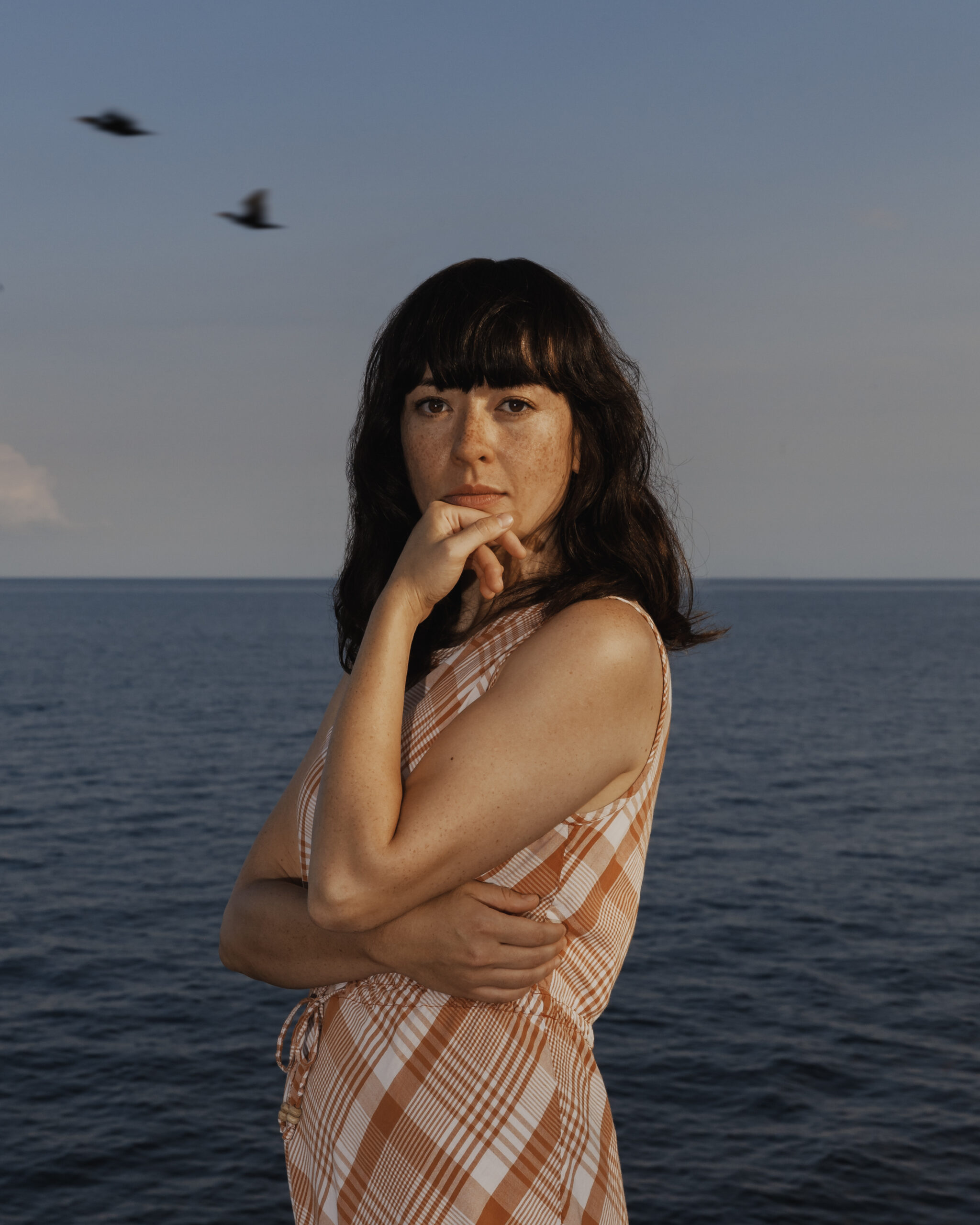
The songs on the album are all short but effective, like pieces of poetry. When it comes to the lyrics, do you have an amalgamation of thoughts in journals, for example, that you then break down and collage into songs or do you approach the songs individually from scratch?
Julie Arsenault: I really appreciate your take on the songs. I don’t always follow the rules when it comes to song structures because I don’t really know what they are. I keep a single page in the Notes app on my computer and my phone and I jot down all of my lyric ideas there. Some songs are a Frankenstein creation of those unfinished thoughts sewn together, but most of my songs arrive in full from start to finish. I’ll leave it for a day or two and then I might do some minor edits, but I try not to fuss with them too much. I’m afraid if I do, there is a high risk of getting obsessed with perfecting one song for the rest of my life and never finishing it.
“Womanhood” addresses your frustration with the conceptions of what it means to be a woman. Despite this, it’s very gentle and melancholic in sound. For you, what makes a successful politically/ feminist charged song that makes people reflect? In this case it’s impactful because it’s personal.
Julie Arsenault: For me they can only be successful if, like you say, it’s personal. I think honesty and vulnerability are crucial ingredients. I don’t know if “Womanhood” would have the same impact if I sat down and said “now I am going to write a feminist song.” The truth is I was frustrated so I wrote about that. I was also very tired from carrying those frustrations so the mood of “Womanhood” was born from that weariness. I wouldn’t put such a heavy song out into the world to try and make people reflect. I wrote it because I needed to get the weight off of my own shoulders. I hope people feel something when they hear it but if not it was still beneficial for me to write it.
You’re based in Toronto. How does the city influence you and your creations? “Where I’m Sitting” could be seen as intimate snapshot of everyday life in the city.
Julie Arsenault: You’re right! I have lines in “Where I’m Sitting” about Spadina subway station and I mention ‘the spit’, referring to Tommy Thompson Park/the Leslie Street Spit – my happy place. “Riverdale Bridge” is also a bridge in my neighbourhood which leads to the Don River, another sanctuary in the city. My partner and I feel so fortunate to live in Toronto but it’s an expensive city, and we’re both artists. We’re not certain we’ll be able to afford living here long term. It’s also uncertain how much longer we’ll be able to enjoy all of the beautiful pockets of nature in Toronto before they’re paved over for more urban development.
For now, I am very inspired by seeing the juxtaposition of plant and animal life against a backdrop of skyscrapers and expressways. Being in this type of ephemeral environment evokes a strong feeling of bittersweetness in me which I think lends well to creativity. For example, “Where I’m Sitting” starts out negative but the last verse is positive because humans are complex and capable of feeling a range of emotions at once. I tend to intuitively incorporate both positive/negative in my songwriting.
The press release states that the album was recorded ‘during a couple of chilly Canadian winter days.’ Could you talk about the recording process and whether the setting influenced the outcome or relation with the album? It’s true that there’s an overall cosiness like curling up away from the cold!
Julie Arsenault: I live for coziness so it’s nice to hear the album produces that sensation. I think it probably had less to do with the studio environment and more to do with the people I made the album with. Keeping in mind it was recorded shortly after the world opened up and I could be in the same room as my band again. It had been a while since I’d felt that musical intimacy. With the exception of Charlotte Cornfield who graciously joined us for this project, I’ve been playing with my band for almost 10 years. My bandmates are such warm and safe people for me so perhaps that is what created the feeling of curling up away from the cold. It must also be said that the warmth that comes through sonically is a result of how it was engineered and mixed by Sam Gleason who also co-produced and plays on the record.
How did your partnership with the Barcelona based label Son Canciones come about?
Julie Arsenault: Mabel and Lieven, the angels who run Son Canciones, contacted me through Bandcamp about playing Indies Keeping Secrets in 2017. It’s an amazing concert series they put on in Barcelona (and in Brussels) that is, just as the name suggests, a secret. Attendees don’t know who the musical guest will be and they don’t know where the concert will take place. Each show is in a different unconventional location. I thought it was the greatest concept but at the time it was inconceivable that I would be able to afford a trip to Europe and I had to decline. They reached out again in 2019, this time to play their FemPop festival that celebrates women in music. I was able to make it happen right before lockdown in March of 2020. They instantly made me feel so loved and safe and our partnership grew from there. It was a short trip, and they are so far away, but it was the kind of connection that I think is really rare to find in life so I’m beyond grateful the stars aligned for us to meet.
Do you have any projects or plans for 2024 that you can share?
Julie Arsenault: I’m starting the year by rehearsing a lot and writing grants because I will be flying back to Spain in March. I’ll be performing around Catalonia for just over a week before travelling over to Brussels, Belgium, to play a couple of shows there. I would have really liked to add some more shows in Germany and in the UK but I unfortunately don’t have the time or resources for a bigger tour just yet. Other than my mini tour in March, I’d like to be a little more disciplined when it comes to my practice and pushing myself out of my comfort zone to collaborate with more people. I’m open to whatever the universe decides to provide for me in 2024.
Finally, What do you hope that listeners can feel or take away from listing to Nothing Sweeter?
Julie Arsenault: I hope they find at least one song that resonates with them. I hope it keeps them company through hard times, but even more so I hope some of the songs can become the soundtrack for the really good times too. I hope people fall in love while listening to “Homeschool.” I hope people can celebrate when they listen to “Riverdale Bridge” because they finally know their worth and are living the life they deserve. I hope “Tiny Beam Of Light” encourages people to pull themselves out of a dark moment and into the light. I would love it if everyone who listened to Nothing Sweeter felt seen and understood.
— — — —

Connect to Julie Arsenault on Bandcamp
Discover new music on Atwood Magazine
© Wynne Neilly
:: Stream Julie Arsenault ::

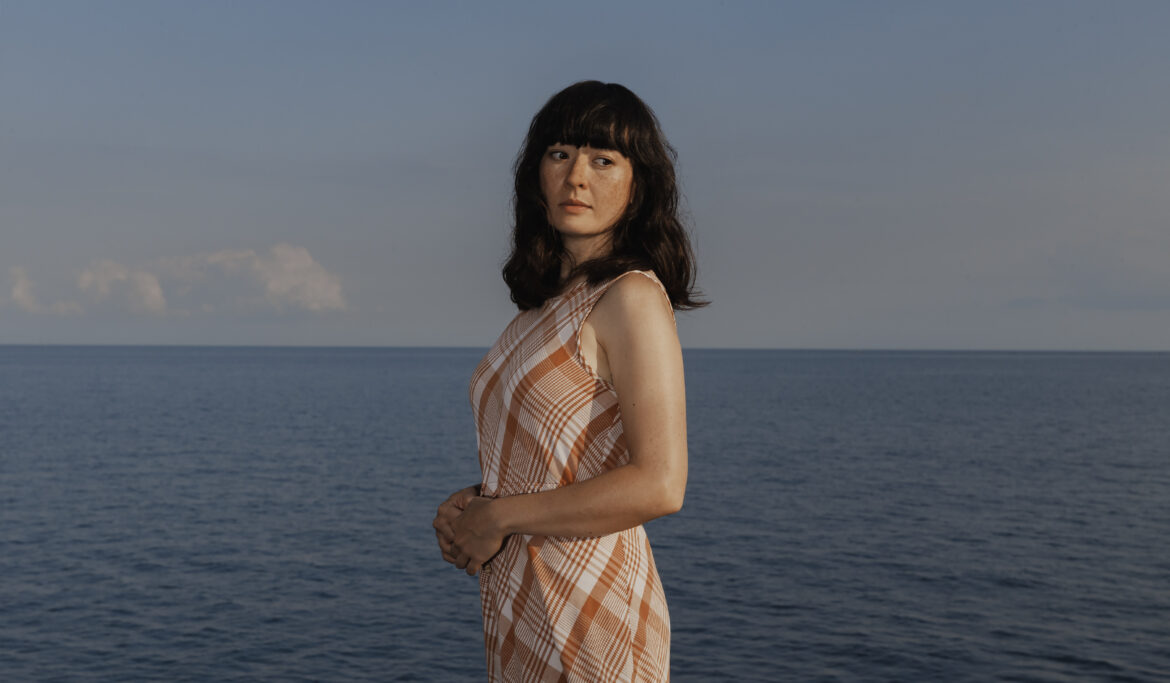
 © Wynne Neilly
© Wynne Neilly
